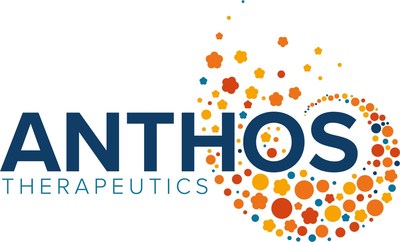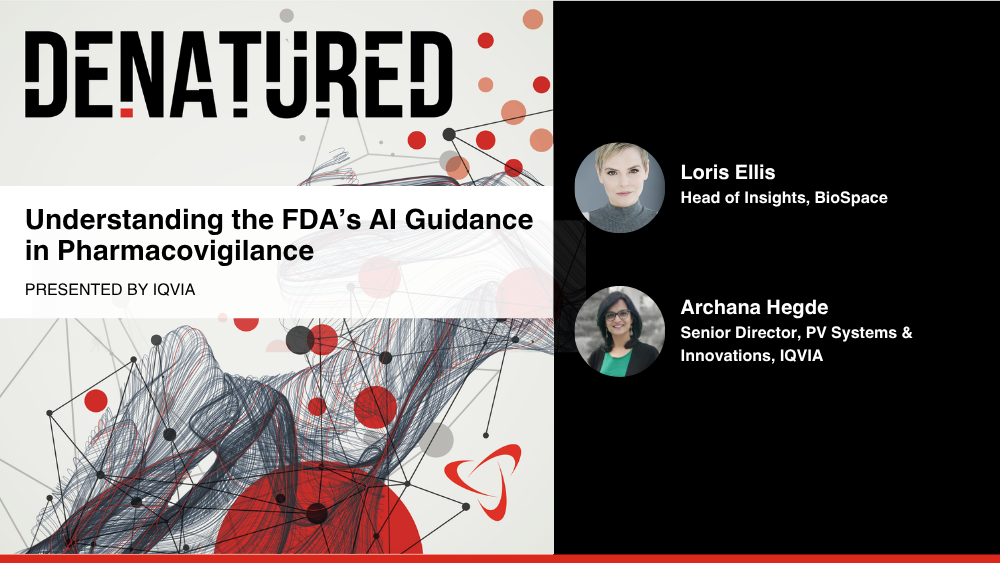Anthos Therapeutics, announced today that it has completed enrollment in the AZALEA-TIMI 71 clinical trial, a Phase 2 randomized, multicenter, active-controlled study evaluating the safety and tolerability of abelacimab in comparison with open-label rivaroxaban in patients with atrial fibrillation at moderate-to-high risk of stroke.
|
CAMBRIDGE, Mass., Dec. 7, 2021 /PRNewswire/ -- Anthos Therapeutics, a clinical-stage biopharma company developing innovative therapies for cardiovascular and metabolic diseases, announced today that it has completed enrollment in the AZALEA-TIMI 71 clinical trial, a Phase 2 randomized, multicenter, active-controlled study evaluating the safety and tolerability of abelacimab in comparison with open-label rivaroxaban in patients with atrial fibrillation at moderate-to-high risk of stroke. The trial enrolled 1287 patients across 95 global study sites including the U.S., Canada, as well as from parts of Europe and Asia. "The completion of enrollment of the AZALEA-TIMI 71 study is an important clinical milestone in the development of abelacimab as a potential hemostasis-sparing anticoagulant to treat atrial fibrillation and prevent the occurrence of stroke," said Principal Investigator Christian T. Ruff, M.D., M.P.H, a Senior TIMI investigator and Director of General Cardiology at Brigham and Women's Hospital. "We look forward to gaining more insight on the benefit-risk profile of the Factor XI agent abelacimab, compared to rivaroxaban, a commonly used Factor X direct oral anticoagulant." Abelacimab is a highly selective, fully human monoclonal antibody with novel dual activity against both Factor XI and its activated form, Factor XIa, achieving profound suppression of Factor XI activity for up to 30 days following a single intravenous or subcutaneous dose.1 In an earlier Phase 2 study whose results were published in the New England Journal of Medicine this year, a single intravenous dose of abelacimab after knee surgery reduced the rate of venous thromboembolism by 80%, measured 10 days after surgery, compared to enoxaparin.1 Additionally, it was established through a pharmacokinetics and pharmacodynamics study, that intravenous and multiple subcutaneous dose administration of abelacimab were safe and well tolerated, a finding that provides critical support for the clinical development of abelacimab.2 "We strongly believe in the potential ability of abelacimab dosed monthly to uncouple hemostasis, the normal process that controls bleeding, from the processes involved in the generation of a pathological thrombosis that can cause a stroke or a pulmonary embolism by targeting FXI and FXIa and herald in a new class of hemostasis sparing anticoagulants," said Dan Bloomfield, M.D., Chief Medical Officer at Anthos. "This paradigm shift in the world of anticoagulants will help physicians around the globe protect patients with atrial fibrillation from the debilitating effects of a stroke, without the fear of bleeding, which has been the main deterrent for anticoagulation-based treatment. We are extremely thankful to our worldwide investigators and our collaboration with TIMI for ensuring the timely completion of enrollment and for their continued confidence in abelacimab. We anticipate sharing results during the first half of 2023." The AZALEA-TIMI 71 study is an event-driven, randomized, active-controlled, blinded endpoint, parallel-group study to evaluate the effect of two blinded doses of abelacimab relative to open-label rivaroxaban on the rate of major or clinically relevant non-major (CRNM) bleeding events in patients with atrial fibrillation (AF) who are at moderate-to-high risk of stroke. In this study, 1287 patients, 55 years or older, with atrial fibrillation were randomly assigned to two blinded doses of abelacimab – 150 mg subcutaneously or 90 mg abelacimab s.c. monthly, or to 20 mg open-label rivaroxaban orally (p.o.) once per day with the evening meal. Patients with creatinine clearance below 50 ml/min will have the recommended dose adaptation to rivaroxaban 15 mg p.o. daily. The primary endpoint in the study is the rate of major or clinically relevant non-major (CRNM) bleeding events. About Abelacimab
About Anthos Therapeutics Media Contacts: Russo Partners LLC Olipriya Das, PhD (646) 942-5588
SOURCE Anthos Therapeutics |





